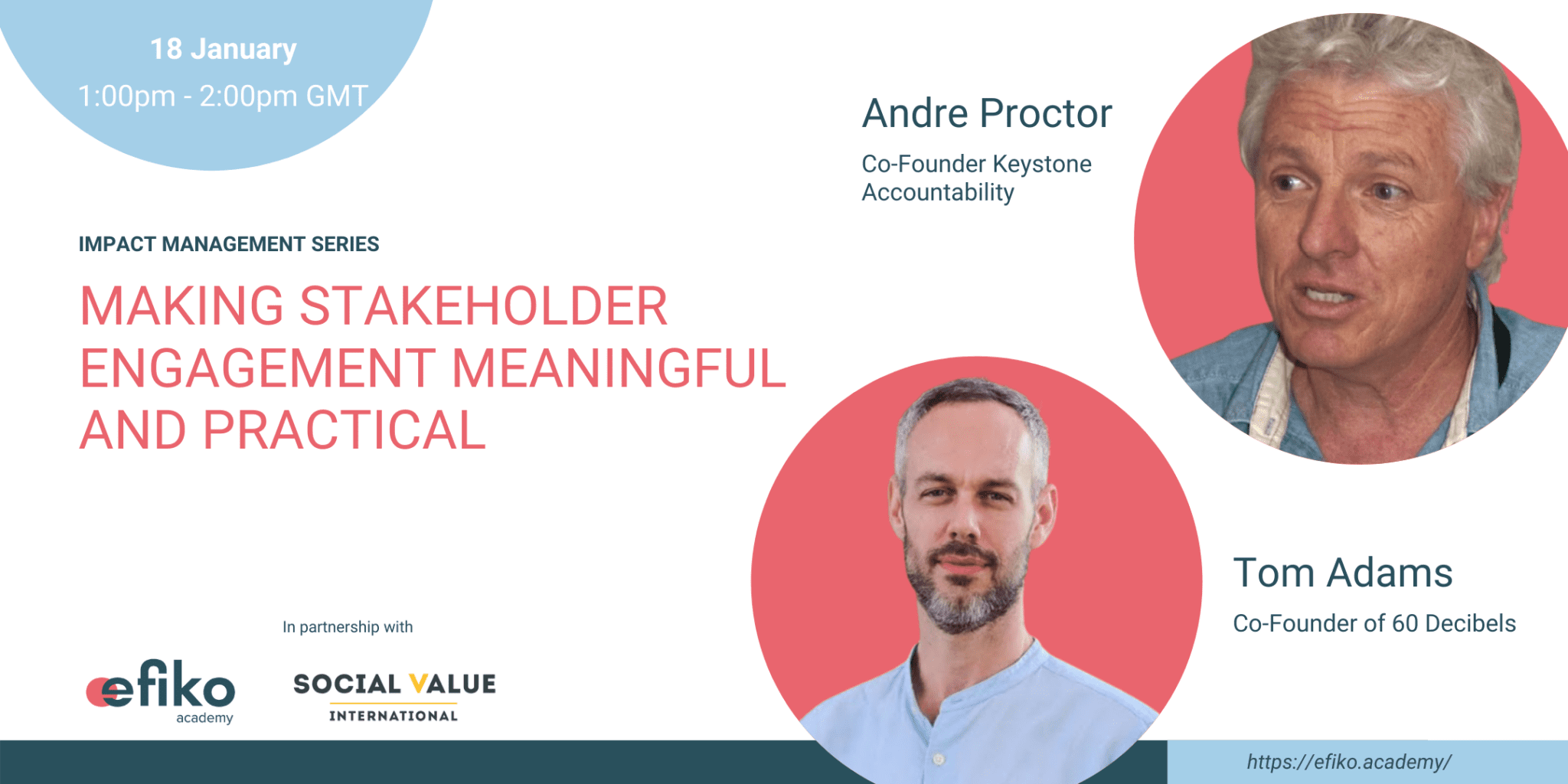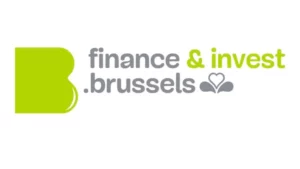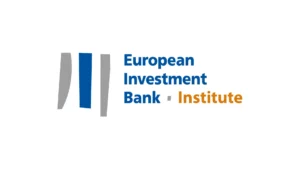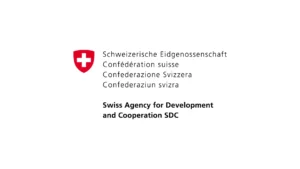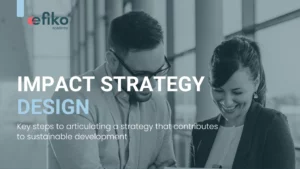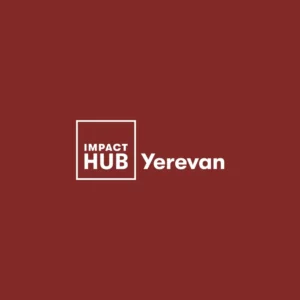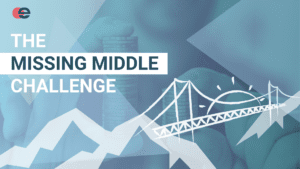Stakeholder engagement: more than a buzzword
The train has left the station; we are just a little behind. In our latest discussion with Andre Proctor, Co-Founder of Keystone Accountability, and Tom Adams, Co-Founder of 60 Decibels. We considered the elements of meaningful and practical stakeholder engagement as well as the reasons why it is not implemented to the degree required. (Watch the webinar back here.)
The term “stakeholder engagement” is becoming increasingly popular as more organisations strive to do better. However, the practice of stakeholder engagement is not yet refined enough to reach its intended goal of including the well-being of all parties affected in the decision-making process. To start, the elements of “stakeholder engagement” needs to be adequately defined to prevent it from being used as a wishy-washy term that only looks good on paper. This means that a minimum expectation needs to be put in place.
Looking at stakeholder engagement practices with a broader lens, another reason for it lagging behind is the data. According to Andre, the data required for meaningful stakeholder engagement is dominated by a handful of professional “data mystifiers”. Who are individuals acting as data gatekeepers who convolute data processes through difficult to understand jargon making it seem unattainable to others. This makes the process of creating and implementing a practical engagement plan seem more complex than it really is. To increase the implementation of meaningful stakeholder engagement practices, more organisations will need to demonstrate that stakeholder engagement is not just a matter of saying it’s being done but looking at its purpose, which is to give individuals power over the decisions that affect them.
"If you're doing stakeholder engagement, you are allowing your stakeholders to describe what outcomes are happening in their lives and which of those outcomes are most material to their well-being"
Tom Adams
Making stakeholder engagement practical with focused surveys
There is a misconception that stakeholder engagement requires long detailed surveys that are implemented once a year. One lean way to effectively engage with stakeholders is to frequently conduct short surveys of between five and six questions on very focused or specific topics. If such surveys are undertaken appropriately, it has the potential to gather a range of collective experiences on outcomes that are most material to those affected.
Moreover, organisations of all sizes are able to implement focused surveys. One can either conduct the surveys yourself or hire a third-party organisation to do it for you. The most important part of the process is investing enough time and effort into the design of the surveys focussing on the “who” and “what” will be asked. Besides valuable insights, engaging with stakeholders is an effective way to manage expectations and increase communication. It opens up space for creative problem solving as more diverse experiences, and knowledge is shared within and across organisations.
"Meaningful stakeholder engagement is engagement with people in a fairly regular way and of which you actually know it has a direct influence over the decisions that the organisations make"
Andre Proctor
As much as meaningful engagement has valuable benefits for organisations, it is not a holy grail solution to all problems; it is more a means to an end. For example, disagreements between stakeholders can occur. Here, the journey is as important as the destination and even if the road is bumpy, it can still result in valuable and meaningful insights. There are many ways to mitigate stakeholder engagement issues and use dissatisfied feedback appropriately. Typically, stakeholder feedback is interpreted by taking averages; however, using standard deviation might be more appropriate. In light of disagreements, it remains essential to track these stakeholder experiences through continuous short and focused engagements.
Overall, we need to get minimum expectations in place to raise the bar when speaking about and implementing stakeholder engagement. Meaningful engagement needs to transition from being just a buzzword to being the new norm. Although there is no one-size-fits-all solution, every organisation can take that leap forward; by conducting focussed surveys as the first step towards efficient but meaningful stakeholder engagement.

Impact Measurement: Applying the Principles of Social Value and SROI
Get access to the full webinar recording!
